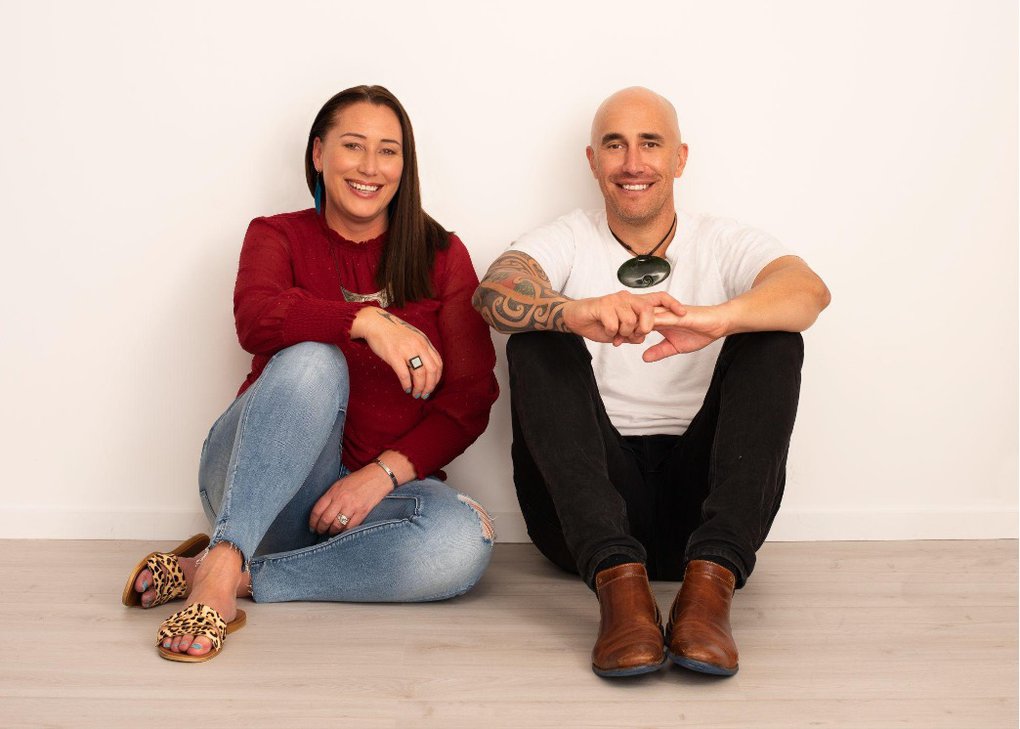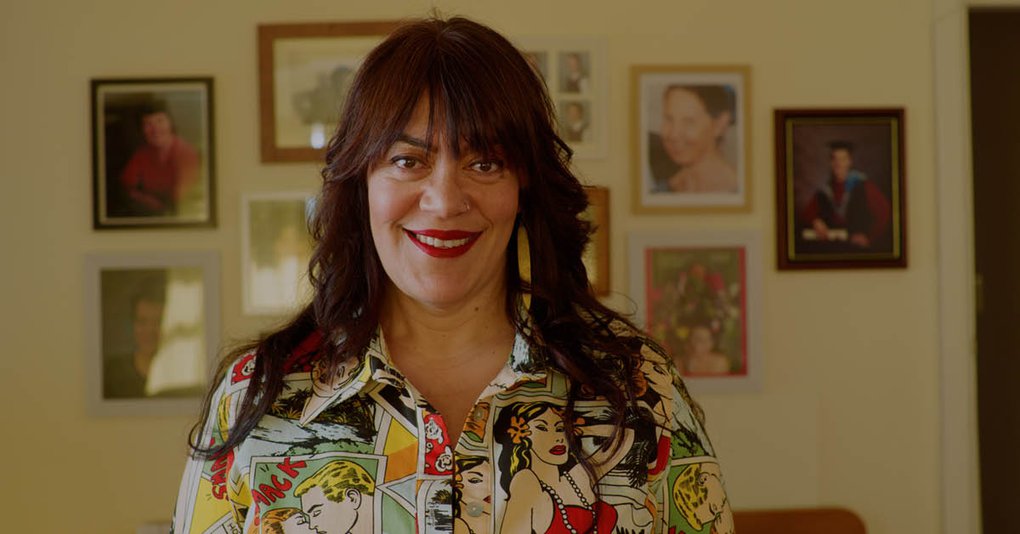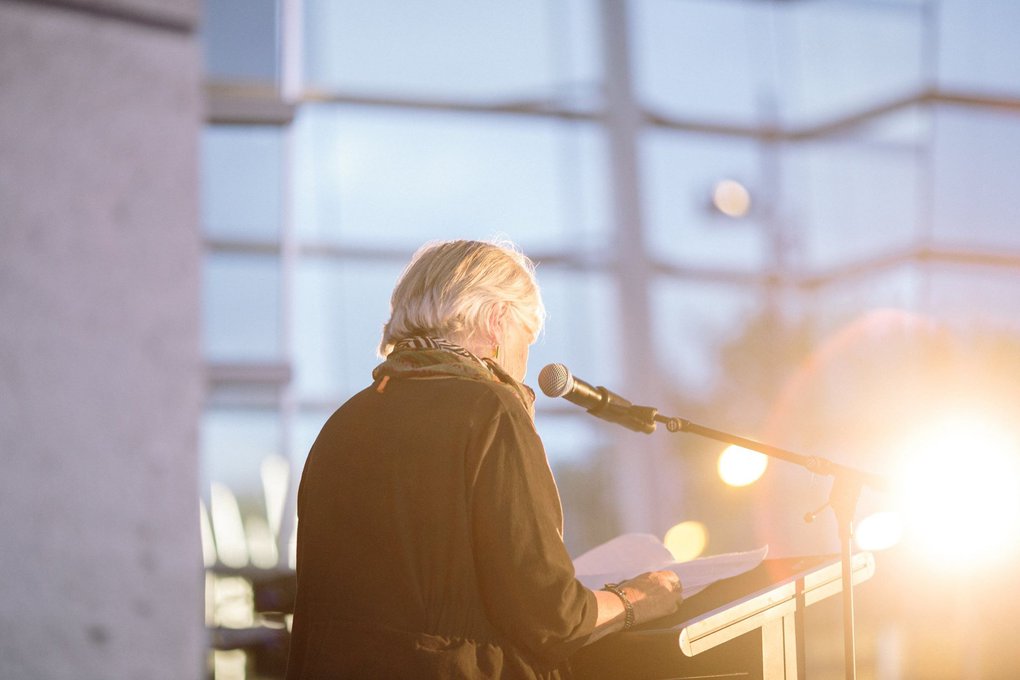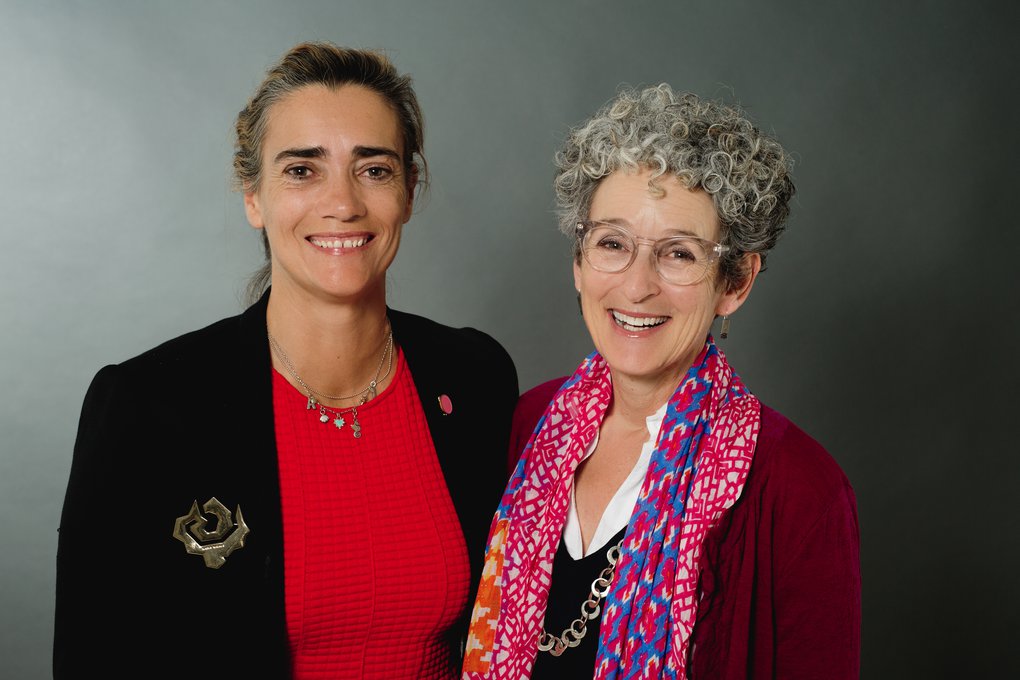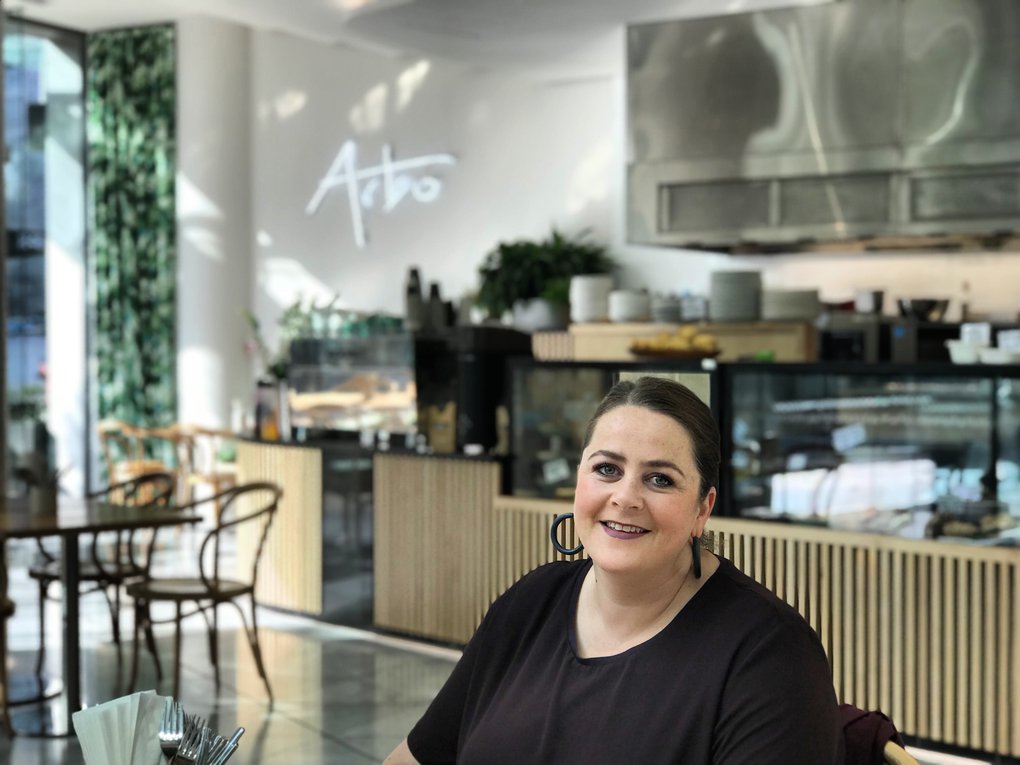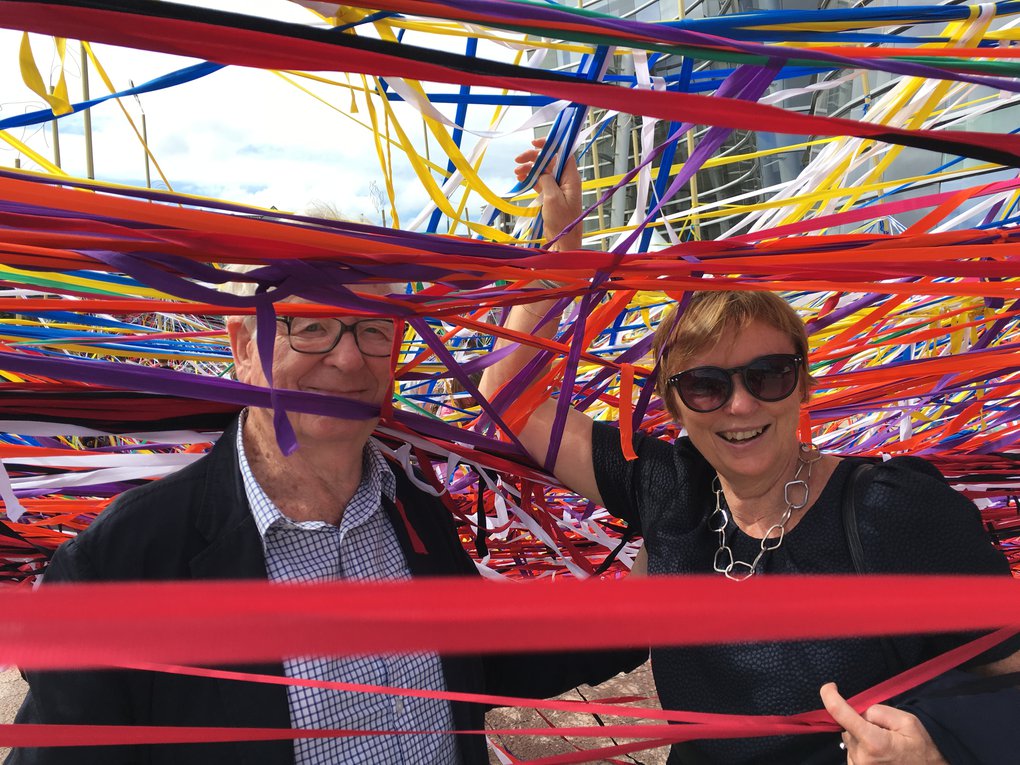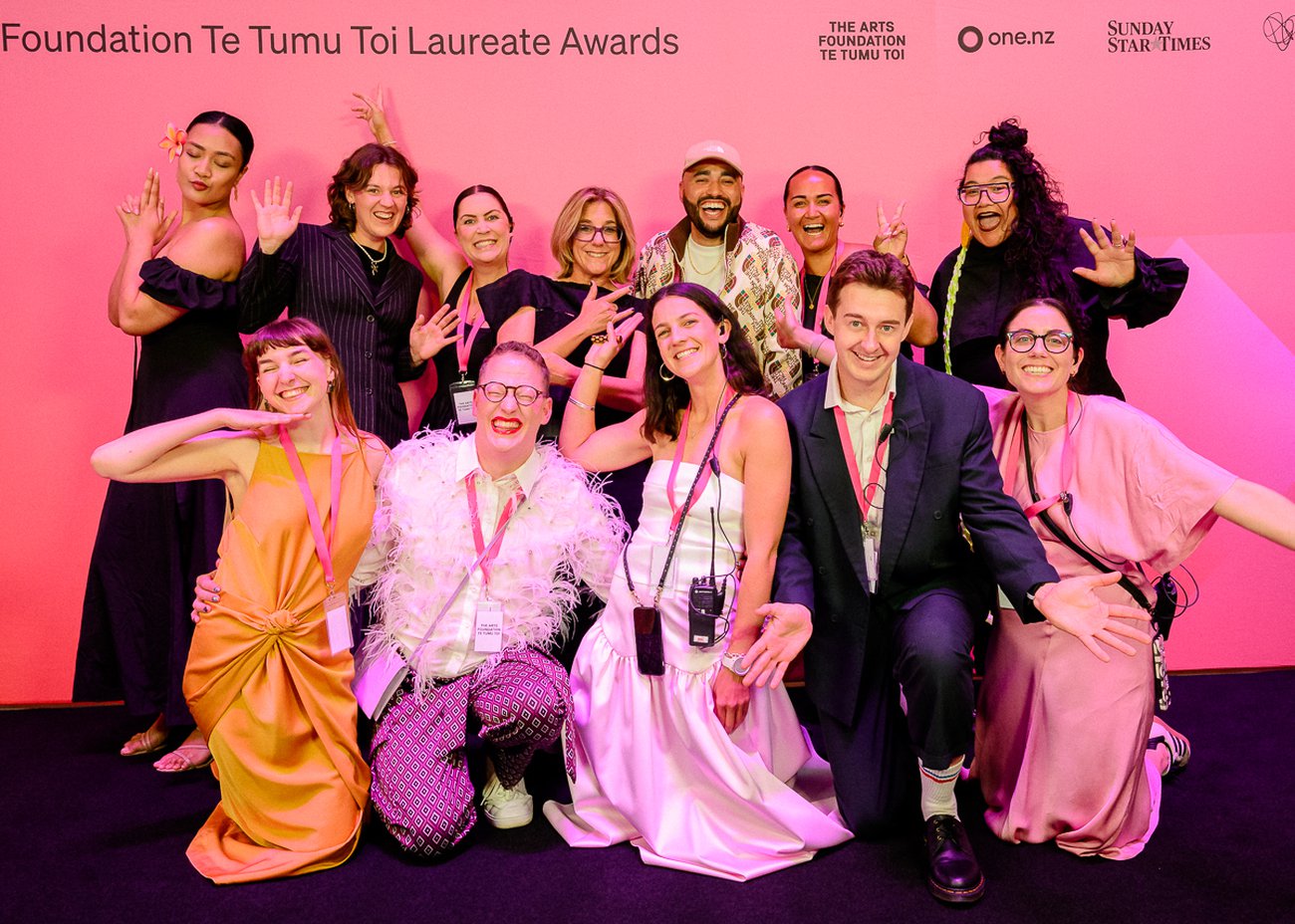Fiona Farrell – words of wisdom from a literary legend.
Words of wisdom from a literary legend
On Inheritance
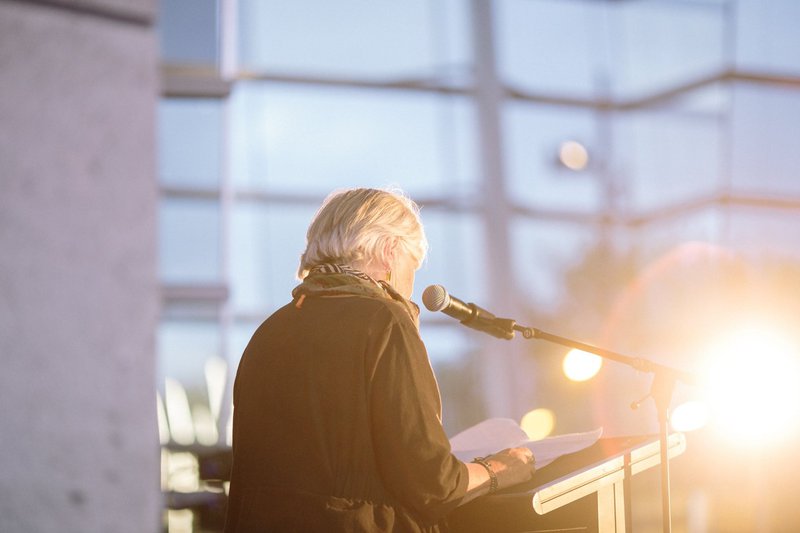
Fiona shared these words with us at Brown Bread's 10th Broad-ly Speaking, March 8 2019, and with her permission we’re bringing them back for your reading pleasure. Here’s to the strange and wonderful feeling that is understanding yourself through the people closest to you. If you’re keen to watch the video of Fiona’s talk, you can do that here.
___________
It’s such a pleasure to be here. Thank you to Brown Bread for the invitation. It’s always lovely to see Jo – for her delightful self of course, but also – forgive me for this, Jo – because you are so like your mother, who has been a good friend for many years: it’s not just that you look alike, but that you sound so like: same manner of speaking, same laugh. It’s lovely and a bit uncanny.
I’m saying this because not because I want to embarrass you, but because that’s what I want to talk about tonight: inheritance.
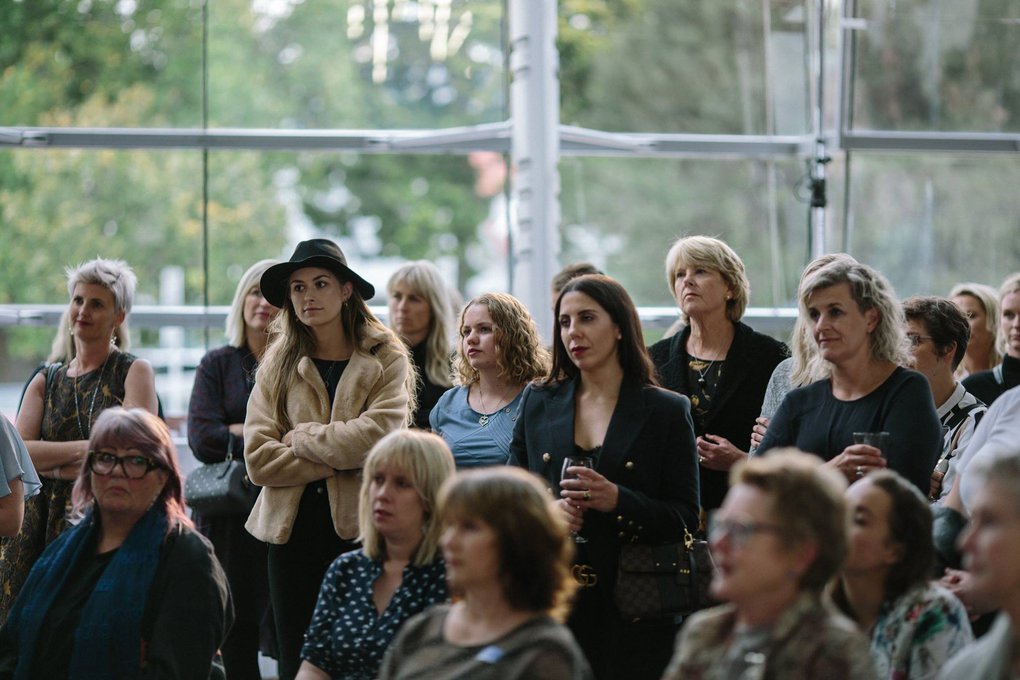
I’m from a female family – my mother had two daughters. My sister and I both had two daughters. My two daughters have each had two daughters. We’re doing our best to right the gender imbalance that’s grown to 107 male births worldwide per 100 female, much more in China and India.
But us, we’re onto it: all girls.
So I know a bit about being female in NZ over the past few decades. My mother was born in 1910. What did I inherit from her? Apart from the stumpy legs and the freckles? Well, principally the notion of vocation. A woman needed a vocation. Not a job – though you did need your own income, your own little bank book – but something that expressed your own particular gifts. She was a nurse. A ‘trained’ nurse. She always added that: a trained nurse – until she was 35 when she met my father who had been wounded at El Alamein, married him, had me – which in 1947 meant she had to give up her profession. She missed it desperately: her nursing mates, the income, the status conferred by the veil and starched uniform. We knew this. She didn’t complain: on the contrary: she cared for us devotedly – me, my sister, my father when the wounds reduced him to years of excruciating paralysis. He was a tough patient. But the way she interpreted her life – as a devout Presbyterian – was that this was all ‘meant to be’. He was ill. She was a nurse, a trained nurse. This was her vocation.
A woman needed a vocation. Not a job – though you did need your own income, your own little bank book – but something that expressed your own particular gifts.
I’m not religious, but what I learned from her was to value what I do, and be so very grateful I can do it. The other thing she left me were sayings by which I’ve lived my whole life: ‘You’ll never regret a swim’. It’s true. You never do. “Don’t sit on cold concrete”. Well, I’ve never had piles. And then there was something she said when I was fretting, as I have a tendency to do, over some difficulty. ‘Fiona,’ she said, ‘Our family cope.’ As if coping was something passed down, like the freckles. I found it deeply reassuring. It’s something I’ve passed on to my daughters. We cope.
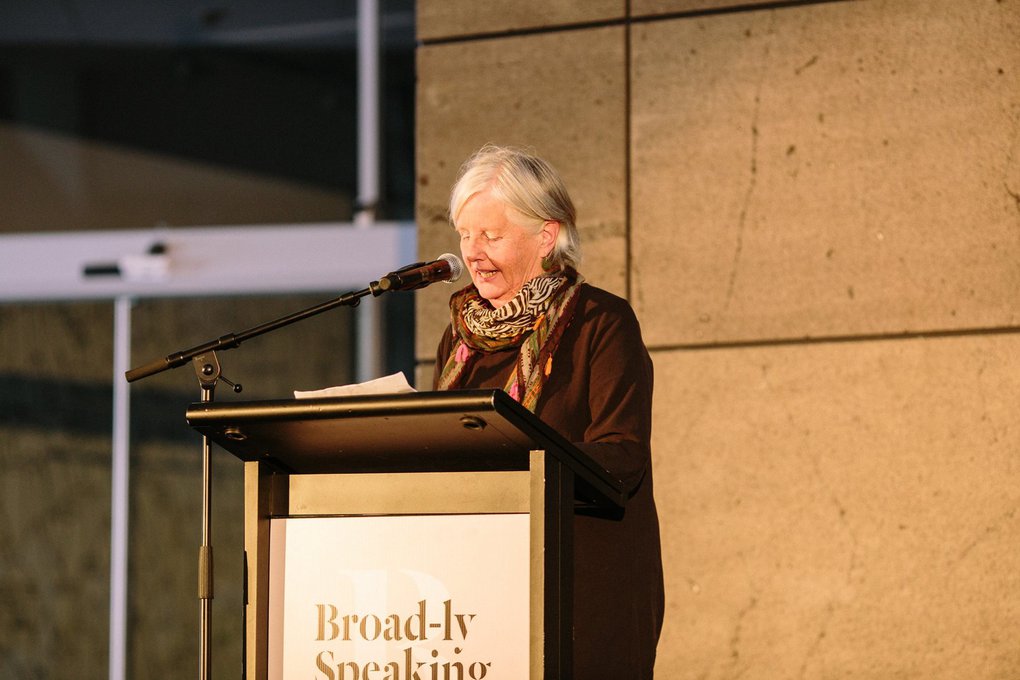
My daughters have taught me other things: the main one being that I’m a mammal. The total startlement of their bodies moving under my skin in utero, the overwhelming amazement of birth. I wasn’t ‘my job’. I wasn’t ‘a brain’. I was at one with the cat, and all the other billions of creatures worldwide, suckling our young, purring. As a functioning mother, I was total rubbish. My main feeling looking back is sheer relief that I got away with it. They survived my culinary experiments, the leaden loaves of the Enchanted Broccoli Forest phase, the squid sambal from the Indonesian period. They stayed safe somehow when I parked the pram on a slope and it tipped, and when I dropped them off at the wrong neighbour’s address in a mad scramble to get to work on time, and later on, the upheavals of divorce when their mother suddenly transformed, not as she would put it, into a noble soul bravely embarking on a midlife journey of self-realisation, but as one of them put it with devastating adolescent accuracy, a ditz who ‘just wanted to put on short black skirts and chat up men.’ Yet somehow my daughters have turned out fine: clever, kind, much better at mothering than I ever was, and funny. And yes, we do sound alike when we laugh.
You never regret a swim.
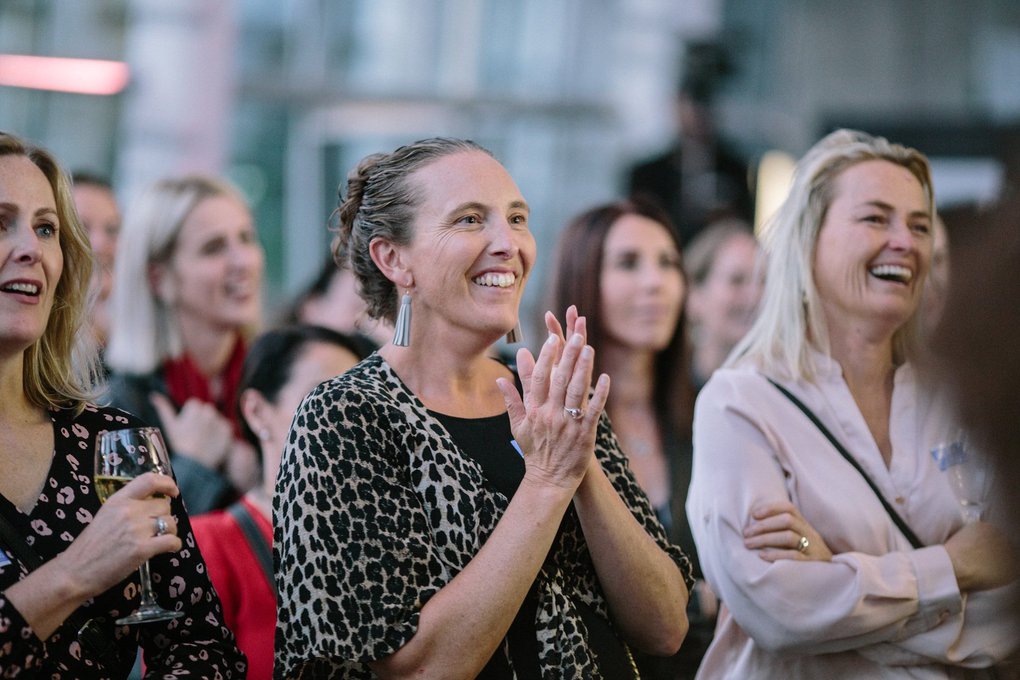
I don’t like aging: I don’t like my friends becoming ill, or dwindling or dying. After years of casually writing fictional deaths, I’m having to come to terms with the reality and I don’t like it one bit. But my granddaughters force me to think beyond that: when I’m not around, what will they inherit? It’s unbearable in some ways: a world without orangutans and polar bears suckling their young seems a dreadful lonely place. It’s made me political, in a way I haven’t been since I was marching about to stop a war in my 20s. So I sign the petitions, write the submissions, join the party, and it’s possibly pointless, but I want my grand daughters’ daughters to be able to swim in a clean river, because as we all know, you never regret a swim.
But my granddaughters force me to think beyond that: when I’m not around, what will they inherit?
I’ve been so lucky: girl from a working class family, born at a time and place that gave me free health so I didn’t die of scarlet fever, and a free education from Kindergarten to cap and gown, first in my family to go to university. My great great grandmother signed with a cross, but I’ve been able to make my living as a writer, not because I’m particularly gifted, but because an entire generation of people just like me – were suddenly able to read and had the time and their own money to spend on books. Socialism, birth control, feminism – that’s what’s delivered me my life.
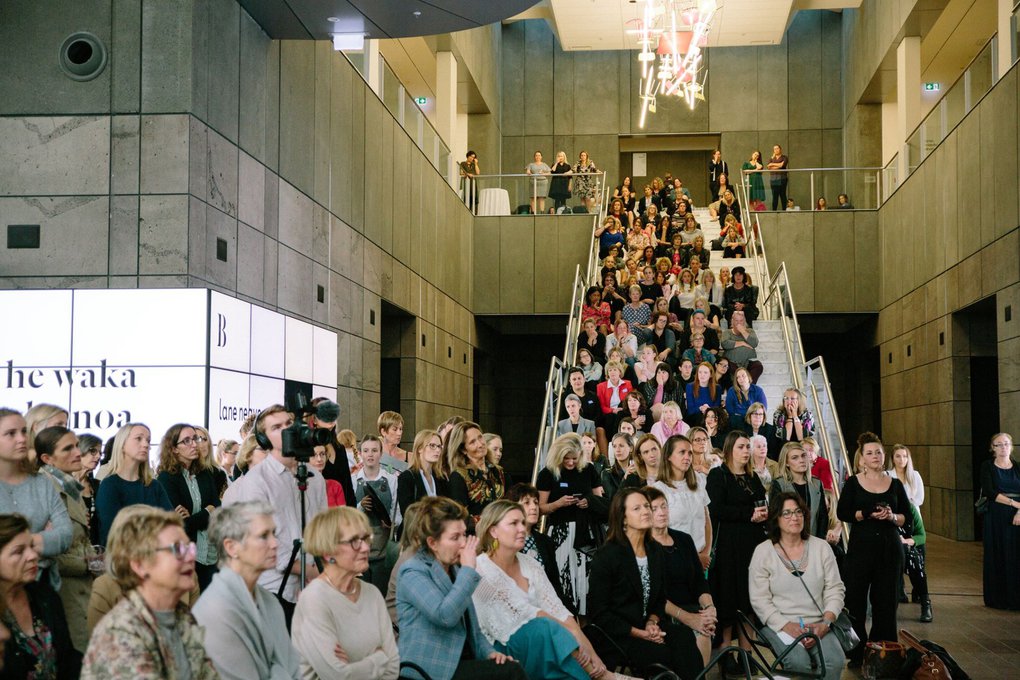
My most recent writing job has been editing a selection of the 25 best poems published in New Zealand in 2018, for the Wellington Institute of Modern Letters. Now, I was born in 1947, the same year as Landfall, the country’s premier literary journal. When I was beginning to read poems and trying to write some myself, entire issues of that magazine had no work by women at all. 1963. 4 quarterly issues. 3 poems in total by women. 1964: 4 issues, 3 dozen poems by men, five by women. The silence was deafening. In 2018, I’d say around 80% of the poetry published in this country is by women.
We’ve lived through a revolution. We still are.
We’ve lived through a revolution. We still are. There’s no such thing as post-feminism: that’s nonsense. It hasn’t looked like a revolution, with barricades and guns. In fact, what it looks like is this room. It looks like us. We’ve inherited this. It’s what we’re passing on, along with the way we laugh.
